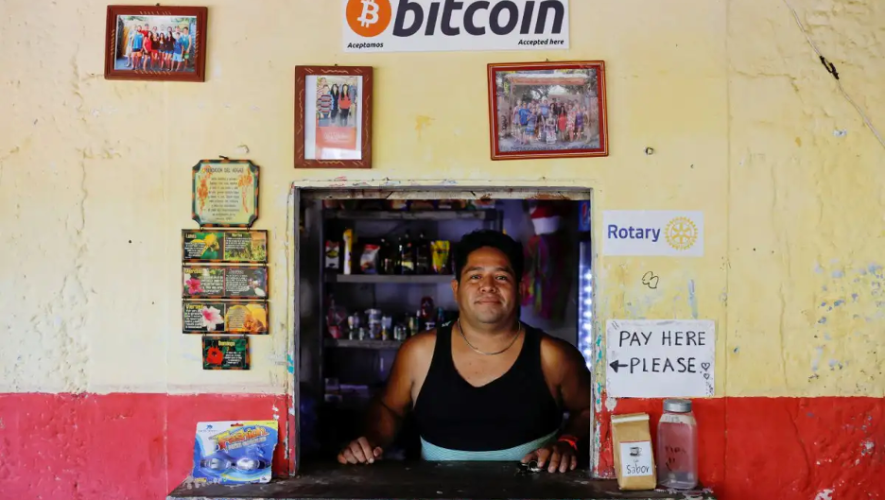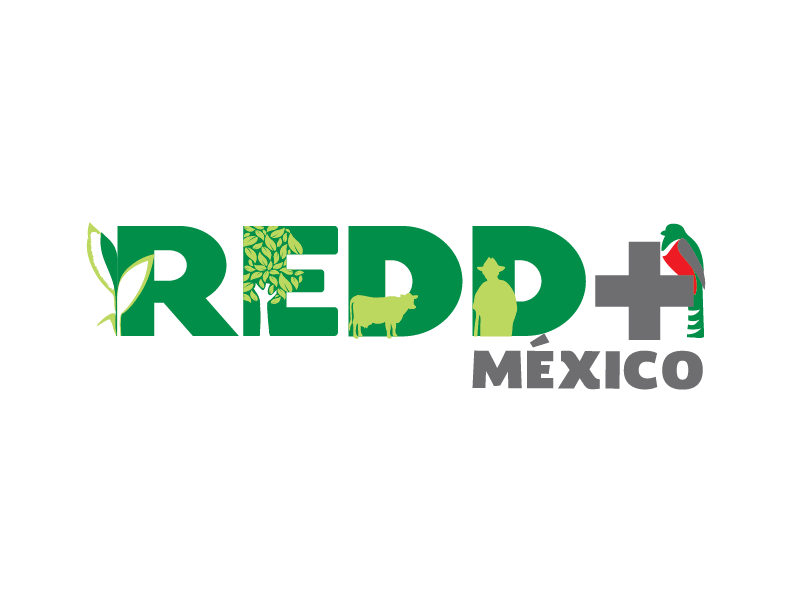In September 2021, El Salvador established Bitcoin as legal tender. In doing so, the government declared its validity as acceptable payment within the country: a landmark decision that attracted significant international attention.
Soon after the glamorous headlines and Bitcoin billionaires’ hustling toward the country, economic stagnation and challenges to daily life began to plague the country. While some citizens were open to the prospect of potential financial prosperity, others were overcome with doubt. This was fueled partly by the similarities between the current economic shift and the 2001 great monetary switch to the dollar. In the decades-old decision to mark El Salvador as one of the few dollarized states in Latin America, the purchasing power of lower-class Salvadorans slipped through their fingers, despite the government’s claims of monumental economic development. Twenty years later, again, they were met with hollow words. Bitcoin’s impracticality revealed problems with the government’s top-down attempt to revitalize the Salvadoran economy. Yet, the Salvadoran people did not witness the allure of Bitcoin’s unprecedented financial rewards.
Blockchain technology’s potent decentralization and lack of bureaucratic extremities characterizes the Salvadoran government’s desire to implement Bitcoin. Because most citizens are unbanked, the average person would have easier access to financial development and remittances through Bitcoin. However, the immediacy of its initial rollout created a disconnect between the policy and the people. El Salvador’s failure to inform its populace of the change and inhibit its spiraling poverty set the stage for a failed attempt.
Empty Promises
With its vote in congress, President Bukele sold Bitcoin under the guise of tourism, investment, financial inclusion, and most importantly, economic development. Salvadoran politicians and government officials, like Vice President Félix Ulloa, declared the nation’s rebirth was upon them. On the outskirts of the financial system, Salvadorans would be able to forge their own wealth without the interference of hegemonic—or overpowering—institutions; the power would be in the hands of the people. Then, those lies began to unravel.
The government released Chivo, a digital wallet similar to Venmo or Paypal, meant to harbor and transfer citizens’ digital savings. In creating the software, El Salvador relied on investments from large U.S. corporations like Athena Bitcoin.
The government hoped the app would support Salvadorans who receive large proportions of their income from remittances. These types of transactions are U.S. migrants’ monetary transfers back to El Salvador with accompanying fees that average at approximately 10.2 percent for physical transfers. Although online banking transfers are less expensive, about 64 percent of Salvadorans are unbanked and must send remittance transfers physically with a mere 11 percent having a mobile account. Yet, such monetary transfers are invaluable to the country, as remittances constituted one fifth of El Salvador’s GDP in 2019, standing as one of the highest ratios globally.
El Salvador’s government claimed that Chivo would save Salvadorans hundreds of millions of dollars in lower rate fees. Western Union Bank charges nine to eighteen dollars (4.5 to 9 percent) to process a remittance of two-hundred dollars, while Bitcoin’s network was supposed to charge approximately three to seven dollars (1.5 to 3.5 percent) for the same amount.
Yet, this promised benefit bypassed the people. As of February 2022, Salvadorans used digital wallets in only 1.6 percent of remittance transfers. Despite Bitcoin’s intended reduction of remittance fees and hassle, the people did not follow the government’s suit with minimal use of Chivo in their remittance transactions. In reality, remittance costs are more expensive with Chivo than with physical transfers. To convert Bitcoin to paper money at Bitcoin ATMs, Athena charges an additional 5 percent bitcoin-sale fee. On top of this, Salvadorans must pay network fees, travel costs, and risk their safety to use a Bitcoin ATM in the first place. Taking everything into account, Bitcoin remittance fees in El Salvador nearly double the previous average fee.
Short-Lived “Success”
Initially, as of 2022, 68 percent of Salvadorans knew of Chivo Wallet and 46 percent successfully used it. But this mass-downloading of Chivo had nothing to do with Bitcoin. Instead, it was because the government offered a thirty-dollar incentive—nearly 1 percent of what the average citizen earns in a year—to those who downloaded the app following its launch. Only 20.6 percent of the population continued to use Chivo within six months of receiving the subsidy and only 9.3 percent of Salvadorans still used Bitcoin within the app.
Those who actively interacted with the app were young, educated men; the law didn’t benefit minorities, who Bitcoin advocates hailed as potential benefactors. For many Salvadorans, the government’s transition to Bitcoin benefited the political elites, not the citizenry.
El Salvador’s promises of prosperity is a mere governmental lie to forty-five year-old Dalila Meléndez, a factory worker within the free trade zone in San Bartolo, who claims that prices for basic necessities like oil and meat continue to rise. With similar sentiments, Estela Gavidia, an outspoken citizen of San Salvador, criticized the decision, asserting that citizens need to be able to understand their currency. According to a poll conducted by Central American University in El Salvador, of the Salvadorans surveyed, 71.1 percent stated that the law had no positive impact on their family finances.
Unlike more established cryptocurrency hubs like the United States and China, only 55 percent of El Salvador’s population has access to the internet. Fewer than 50 percent of Salvadorans have graduated from the sixth grade and a staggering national 26.6 percent live in poverty. These inequities fuel the country’s maras, or criminal gangs. Groups like MS-13 are active in nearly 40 percent of localities and are responsible for twenty-thousand murders between 2014 and 2017 alone. El Salvador’s lack of infrastructure—combined with growing gang populations and homicide rates—limit Salvadorans’ chances of upward mobility.
Living among crime and poverty, Salvadorans find it hard to place their faith in cryptocurrency.
Wasted Money and New Problems
Despite Bitcoin’s inability to garner Salvadorans’ trust as legal tender, President Bukele invested an estimated 120 million dollars of El Salvador’s reserves into the currency. Though, the true quantity spent could be much higher; the only way of calculating the government’s investments is through Bukele’s tweets.
With nearly all of El Salvador’s fiscal capacity invested in Bitcoin, the country depends on its success. But success seems unlikely given cryptocurrencies’ volatile nature and its track record of collapsing massive exchange platforms like FTX or Bittrex.
El Salvador’s high fiscal deficit endangers the country’s ability to receive loans from foreign powers. While El Salvador was able to pay off its amortized eurobond—a bond where debt’s face value is paid in addition to an interest value over the “life of the bond”— last January, international credit rating agency FitchRatings downgraded the nation to a rating of “CCC+.” This level indicates substantial credit risk with a high possibility of default.
Vast statements of the alleged empowerment of El Salvador’s financially destitute ring hollow without the acknowledgement of the systemic forces that feed poverty. The focus should not be whether to increase investment in the volatile digital currency. Rather, the focus should be the reason Bitcoin is deemed worthless in the eyes of Salvadorans.
Despite a rise in tourism rates, everyday life for Salvadorans has not changed, and the government’s message of financial equity and currency decentralization to support Bitcoin has been lost. If the government wishes to re-establish Bitcoin’s relevance and “modernize” the country, Bukele’s administration must utilize a bottom-up approach with a focus on resilient governance rather than the glamor that accompanies El Salvador’s title of “Bitcoin Country.”



